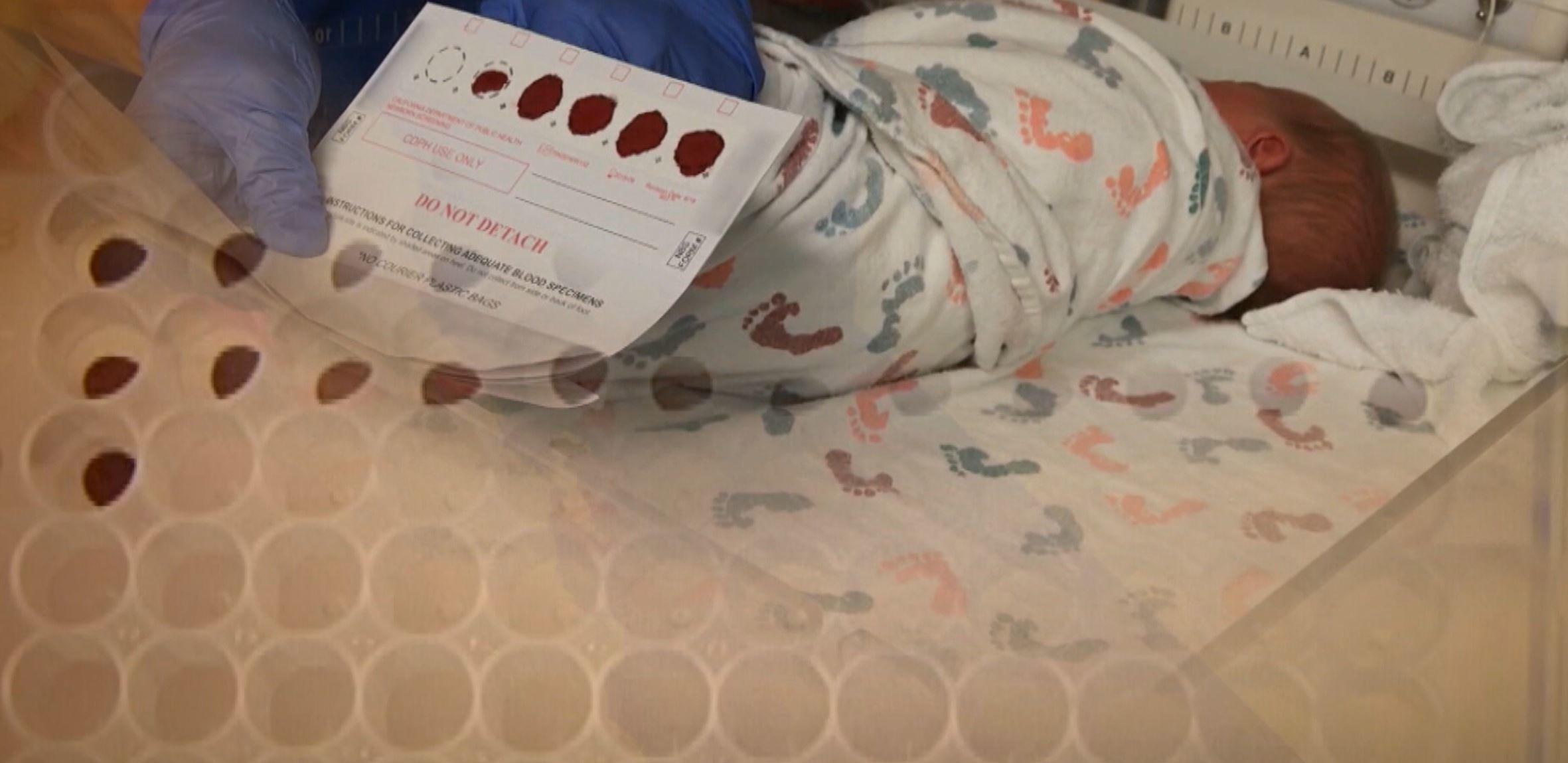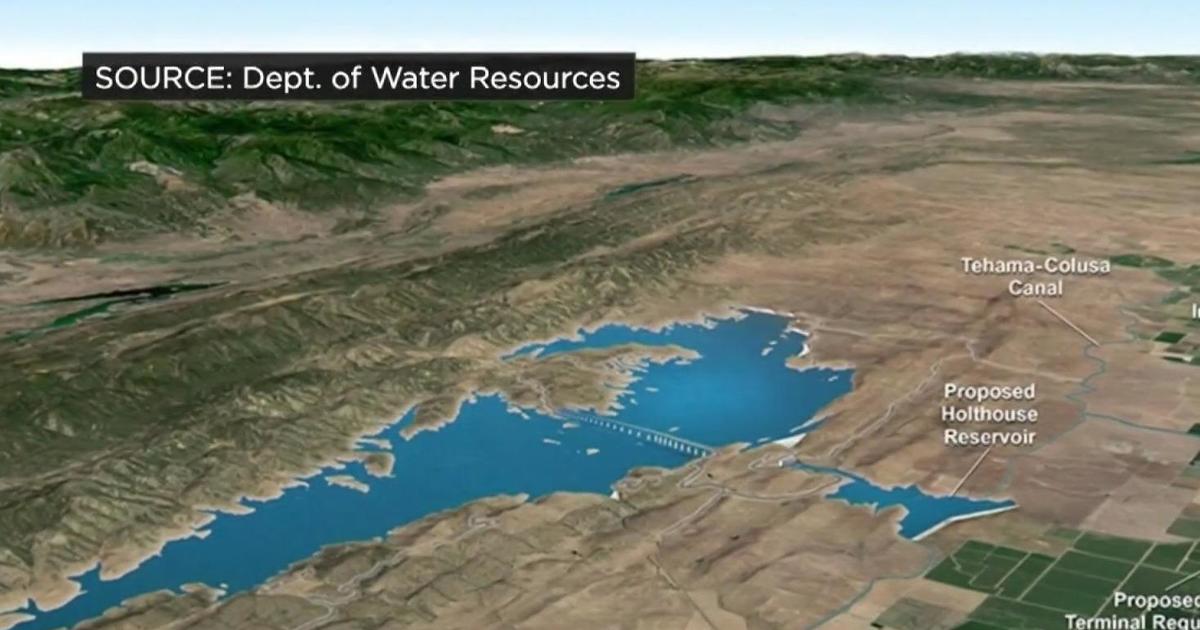Sacramento Solar Industry Heats Up Given The State Mandate
Governor Jerry Brown announced at his most recent inauguration that 50 percent of California's electricity will be derived from renewable sources by 2030. In fact, Stanford and UC Davis University research have shown for years that the state can be powered by 100 percent wind, water and solar energy. At any rate, such news is certainly going to benefit the solar, wind and water industries.
Among other factors driving the push for the expansion of renewable energy as the impact upon the environment, is cost. Stanford University Director of Atmospheric Sciences, Mark Jacobson has said, "Wind, water and solar have zero fuel costs and their capital costs continue to plummet; whereas fossil fuels have finite and rising fuel costs as well as capital costs and can therefore result in price instability and rise over time."
According to the US Energy Information Agency documents Stanford Professor Tony Seba in "Solar Trillions," the cost of electricity in America has increased 446 percent over five decades – from 1.8 cents per kilowatt-hour (kWh) in 1960 to 9.82 cents per kWh in 2008."
In Sacramento it is not uncommon to pay 26 cents per kWh for Tier 3 and even 32 cents per kWh for Tier 4 costs with rate increases on the way. In the meantime, Seba argues in his new book "Clean Disruption of Energy and Transportation," solar panel costs have dropped by a factor of 154 times since 1970 and will drop another 70 percent before 2020.
Power Purchase Agreements (PPAs) and other 100% financing programs like Clean Energy Sacramento and net metering (NEM), are factoring into the new gold rush for renewable energies.
PPAs and other financing programs can mean a free solar system installed on your house with no out-of-pocket costs that allow you to lock in lower fixed per kWh costs typically for a 20 year period after which you own the system. You have a small bill to pay from your original utility but the second bill shields your usage from the highest tiers.
Net metering is how you get reimbursed for generating power back to the grid.
Karen Hansen M.S. Earth Sciences, has been an educator and consultant who is currently an analyst regarding land and other public information records. She lives and works in Sacramento, CA. She has been writing about earth and the environmental sciences for Examiner.com since May of 2010. Find her work in several sections of the publication. You can find her work at SF Solar Energy Examiner, SF Environmental News Examiner and Environmental News Examiner



